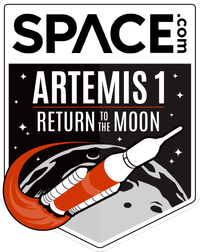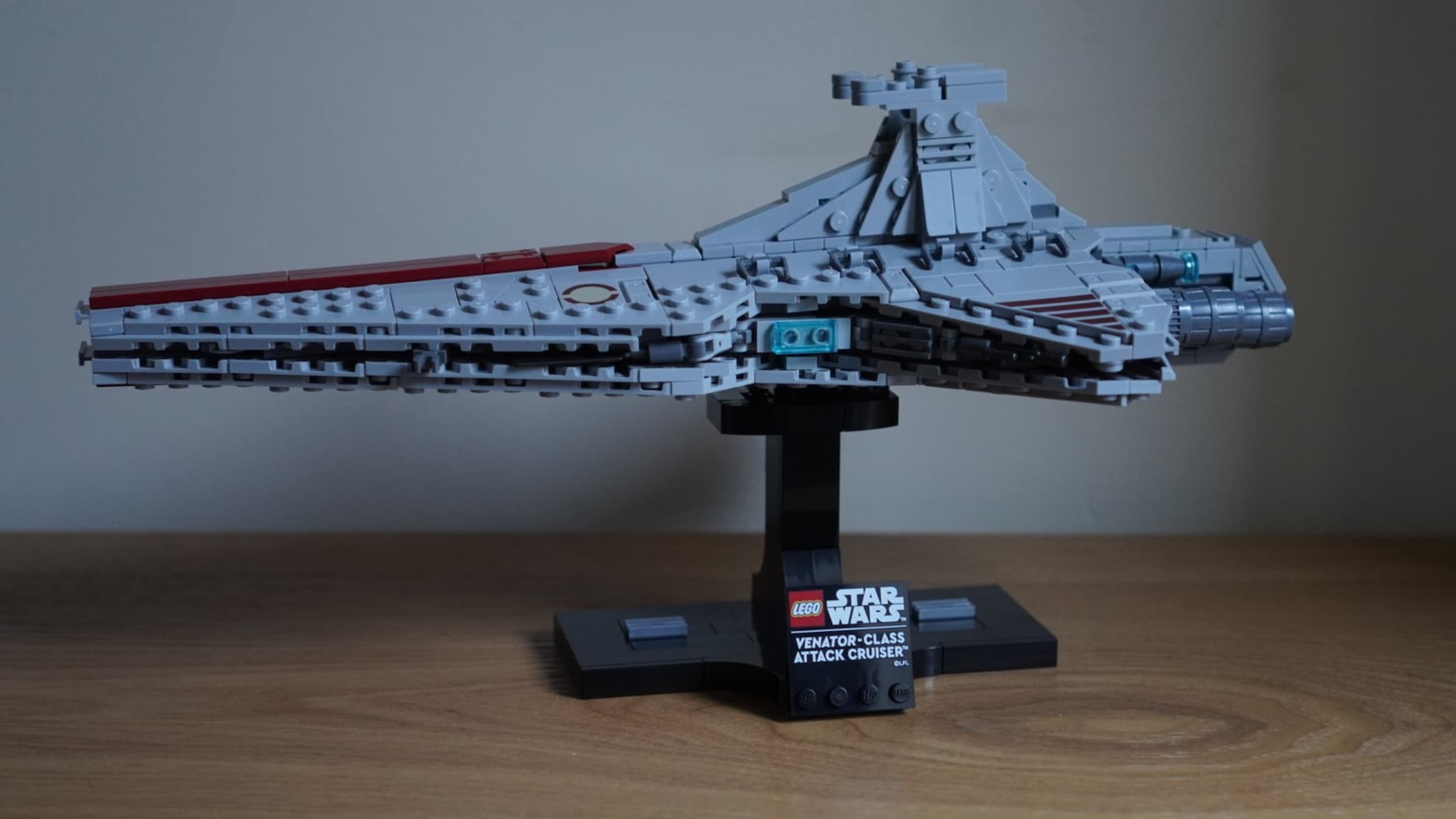Artemis 1 Orion spacecraft suffered power blip hours before its close lunar flyby
The spacecraft appeared to perform well during an engine burn Monday (Dec. 5) despite a recent brief power hiccup.


Breaking space news, the latest updates on rocket launches, skywatching events and more!
You are now subscribed
Your newsletter sign-up was successful
Want to add more newsletters?
NASA's Orion spacecraft had a brief power problem on Sunday (Dec. 4) just hours before successfully completing a crucial engine burn near the moon.
A power unit on board the Orion spacecraft turned off four devices "responsible for downstream power" that connect to the Artemis 1 vehicle's propulsion and heating subsystems, NASA officials wrote in a statement. But mission personnel swiftly put a fix in place and the mission is carrying on, the statement emphasized.
"Teams confirmed the system was healthy and successfully repowered the downstream components," agency officials wrote in the statement, released late on Sunday. "There was no interruption of power to any critical systems, and there were no adverse effects to Orion's navigation or communication."
In photos: Artemis 1 launch: Amazing views of NASA's moon rocket debut
Despite the hiccup, Orion appeared to sail through a crucial engine burn near the moon Monday (Dec. 5) to put it on course for a splashdown in the Pacific Ocean on Dec. 11. The issue occurred shortly after a different trajectory burn on Sunday that started at 11:43 a.m. EST (1643 GMT), and NASA is investigating the cause.
The power glitch was identified shortly after Orion came back into contact with NASA's Deep Space Network at 1:41 p.m. EST (1841 GMT) on Sunday, following a planned power outage; Orion periodically is out of contact with Earth as it flies on the back side of the moon, where it cannot beam signals to antennas on our planet.
NASA engineers are unsure whether the issue is linked to a previous problem with the devices, which are called umbilical latching current limiters. On Flight Day 5 of the mission, around Nov. 21, one of the eight devices opened without a command. Engineers commanded the device to close and had no issue in doing so, officials said at the time.
Breaking space news, the latest updates on rocket launches, skywatching events and more!
Orion is on a journey to iron out kinks like this ahead of the first crewed mission, which is expected to be Artemis 2 in 2024 or so. The flight has had other minor problems, such as temporary faults in the capsule's random access memory and an issue during which Orion fell out of contact with Earth for 47 minutes.
Nevertheless, Artemis 1 has so far checked off all of its required major mission milestones since its launch on Nov. 16.
Elizabeth Howell is the co-author of "Why Am I Taller?" (ECW Press, 2022; with Canadian astronaut Dave Williams), a book about space medicine. Follow her on Twitter @howellspace. Follow us on Twitter @Spacedotcom or Facebook.

Elizabeth Howell (she/her), Ph.D., was a staff writer in the spaceflight channel between 2022 and 2024 specializing in Canadian space news. She was contributing writer for Space.com for 10 years from 2012 to 2024. Elizabeth's reporting includes multiple exclusives with the White House, leading world coverage about a lost-and-found space tomato on the International Space Station, witnessing five human spaceflight launches on two continents, flying parabolic, working inside a spacesuit, and participating in a simulated Mars mission. Her latest book, "Why Am I Taller?" (ECW Press, 2022) is co-written with astronaut Dave Williams.
